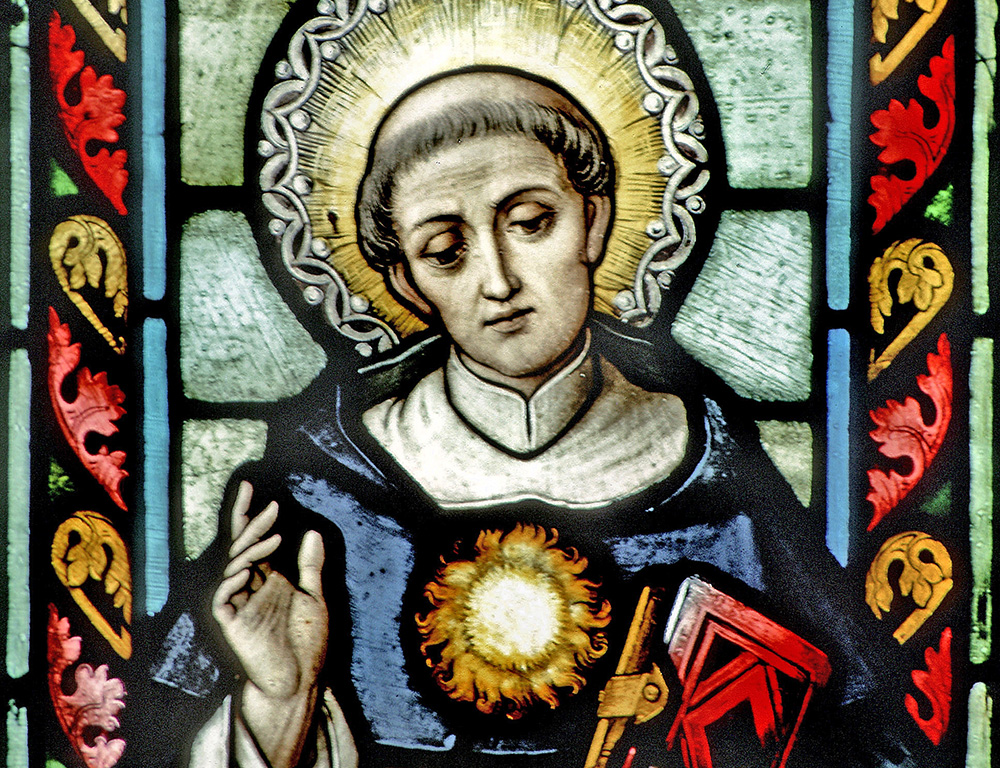- Feb 5, 2002
- 166,616
- 56,252
- Country
- United States
- Faith
- Catholic
- Marital Status
- Married
- Politics
- US-Others
Question: It is said that St. Thomas Aquinas received a revelation that all of his brilliant writings were straw, and he then ceased writing. Does this mean that Catholics should take their doctrines with a dose of salt?
— Art Osten, Fox River Grove, Illinois
Answer: Yes, this story of St. Thomas Aquinas is widely known and shared. It should not be taken to mean that all theological reflection is a waste of time. Rather the story illustrates in a hyperbolic way that God is so much more than our little minds can ever know or describe.
Humility is always required when we consider the things of God. St. Thomas surely knew this and said it often. His teachings are an important guide for the Church, and our doctrines are both necessary and good. They should never be set aside even if God is so much more than our words and “straw” minds can know.

 www.oursundayvisitor.com
www.oursundayvisitor.com
— Art Osten, Fox River Grove, Illinois
Answer: Yes, this story of St. Thomas Aquinas is widely known and shared. It should not be taken to mean that all theological reflection is a waste of time. Rather the story illustrates in a hyperbolic way that God is so much more than our little minds can ever know or describe.
Humility is always required when we consider the things of God. St. Thomas surely knew this and said it often. His teachings are an important guide for the Church, and our doctrines are both necessary and good. They should never be set aside even if God is so much more than our words and “straw” minds can know.

Everything is straw
“It is said that St. Thomas Aquinas received a revelation that all of his brilliant writings were straw, and he then ceased writing. Does this mean that Catholics should take their doctrines with a dose of salt?”
 www.oursundayvisitor.com
www.oursundayvisitor.com

